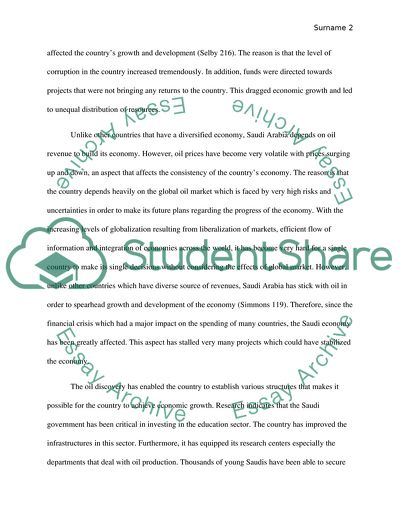Cite this document
(“Impact of Oil Discovery on State-building in Saudi Arabia Essay”, n.d.)
Impact of Oil Discovery on State-building in Saudi Arabia Essay. Retrieved from https://studentshare.org/macro-microeconomics/1701859-impact-of-oil-discovery-on-state-building-in-saudi-arabia
Impact of Oil Discovery on State-building in Saudi Arabia Essay. Retrieved from https://studentshare.org/macro-microeconomics/1701859-impact-of-oil-discovery-on-state-building-in-saudi-arabia
(Impact of Oil Discovery on State-Building in Saudi Arabia Essay)
Impact of Oil Discovery on State-Building in Saudi Arabia Essay. https://studentshare.org/macro-microeconomics/1701859-impact-of-oil-discovery-on-state-building-in-saudi-arabia.
Impact of Oil Discovery on State-Building in Saudi Arabia Essay. https://studentshare.org/macro-microeconomics/1701859-impact-of-oil-discovery-on-state-building-in-saudi-arabia.
“Impact of Oil Discovery on State-Building in Saudi Arabia Essay”, n.d. https://studentshare.org/macro-microeconomics/1701859-impact-of-oil-discovery-on-state-building-in-saudi-arabia.


